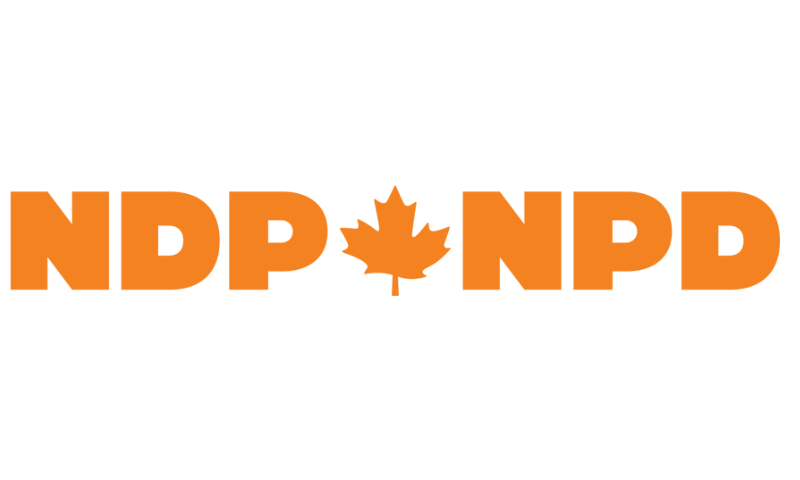Ryan Alford
National Post, Apr. 25, 2022
“… it appears to keen observers that an official finding against the government is approaching. This is what likely explains Jagmeet Singh’s public musings about whether in that event his party would withdraw its confidence and support to bring down Justin Trudeau’s Government. On CTV’s Question Period, Singh said that “simply because it was the wrong decision wouldn’t be enough.”
Commissioner Paul Rouleau made it clear at the start of the inquiry that its focus will remain squarely on the decision of the Federal Government to proclaim a public order emergency. As weeks of sworn and cross-examined testimony bring the events of last February into sharper view, we have yet to see any evidence of the essential precondition for such a declaration: terrorism.
The government relied on this threat being already in existence when it made its case to Parliament for invoking the Emergencies Act. The official explanation relied on the argument that the protesters’ activities were “tied to serious acts of violence against persons or property” for “the purpose of achieving a political or ideological objective.” It escaped most people’s notice that the threshold for “serious violence” in service of a political objective closely resembles the Criminal Code of Canada’s definition of terrorist activity.
When the Emergencies Act was drafted, the declaration of a public order emergency was contemplated only as a response to significant support for serious violence, of an order of magnitude greater than what existed during the October Crisis. When attempting to assess whether the evidence at the inquiry meets the legal standard, we must answer these questions: Who were the protesters allegedly attempting to assist? Were they attempting to further the aims of a group like the FLQ, in a manner far more direct than the alleged support of Quebec’s student and trade union movements in 1970?
The legal picture has been blurred by unhelpful bureaucratic jargon, especially the term “ideologically motivated violent extremism.” That phrase is not found in the Emergencies Act, the CSIS Act, or the Criminal Code of Canada, which refers to terrorism. The confusion wrought by this unnecessary yet fashionable euphemism stems principally from it frequently and lamentably being abridged to “extremism,” a descriptor that is far broader and even more imprecise than what it replaced. But to be clear: the FLQ were terrorists. People with views outside of the mainstream are not, regardless of how divergent those views are. To be properly subjected to emergency powers, they must have been acting in support of terrorists who were already engaged in serious violence.
By necessity, police officers use precise legal definitions; politicians have far more latitude. This may explain the difference in the perspectives of the Ontario Provincial Police who scanned for violence and the city councillors and mayors, fixated on what they considered abhorrent views. Unsurprisingly, those who believe that dangerous ideas should be eradicated before they can spread are far more likely to countenance the suppression of protests than law enforcement officials, who must constrain their conduct to legal limits. Accordingly, the latter are also far more likely to appreciate the all-important difference between violent acts and dangerous ideas. … SOURCE


